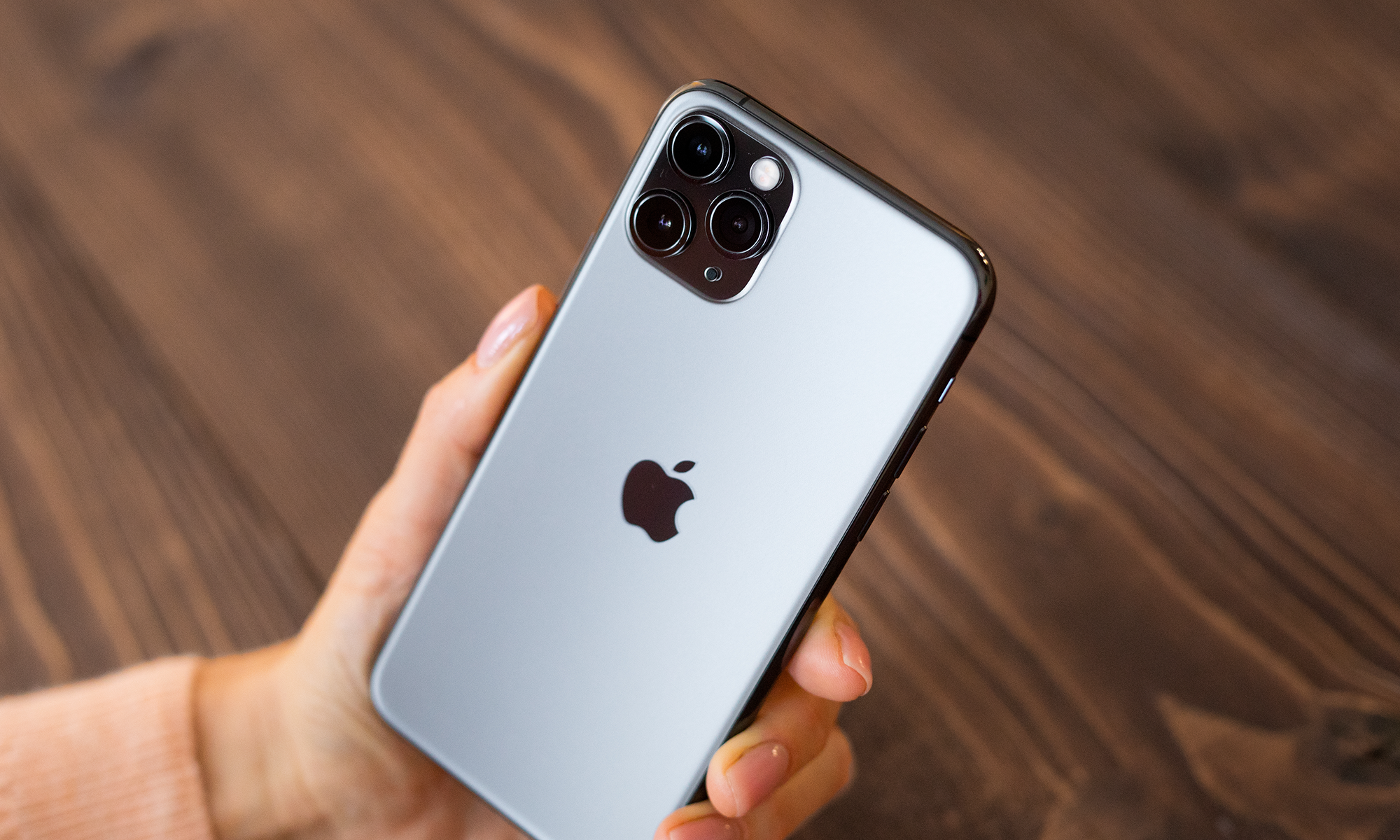Apple's (AAPL +0.62%) main growth engine used to be its signature iPhone. Much of the tech world -- as well as consumers worldwide -- held their collective breath as the company announced the latest iPhone and its ever increasing slate of features.
However, excitement over new iPhones has cooled down significantly in recent years, and though Apple still depends largely on this business segment, it's no longer the tailwind it used to be. Instead, the tech company has had to turn to other categories to generate growth. One of them is Apple's wearables business, much to the dismay of industry pioneer FitBit (FIT +0.00%).

IMAGE SOURCE: GETTY IMAGES
Apple's wearables sales are on fire
Apple's fiscal fourth quarter earnings report, released on Oct. 30, showed a year-over-year decline of about 10% for iPhone sales. But the company's wearable, home, and accessories segment delivered revenue growth of 54%. Net sales for that segment also increased 18% sequentially, which bodes well for the company as CEO Tim Cook noted during the third-quarter earnings call that Apple's wearables business was "bigger than 60% of the companies in the Fortune 500." For fiscal 2019, wearables, home, and accessories generated more than $24 billion of revenue, up 41% year over year.
In the latest earnings call, Cook once again praised the company's wearables business and expressed optimism for its future:
As I said at the outset, we set Q4 revenue records for wearables in every single market that we track around the world. In September, we launched Apple Watch Series 5 with the Always-On Retina display, that means you never have to pause a workout or task to raise or tap the display. New location features help users better navigate their day while international emergency calling allows them to call emergency services directly from Apple Watch in over 150 countries even without an iPhone nearby.
Apple has been able to continuously come up with new and exciting features to add to its wearable offerings, and the company's strategy is working. The tech giant is looking to be at the forefront of innovation in this field going forward, something its shareholders should appreciate.
FitBit is losing, but Alphabet comes to its rescue
Meanwhile, despite getting a headstart on Apple in this business and even becoming quite popular among consumers and investors alike, FitBit has been left in the dust. For its latest report, revenue came in at just $347 million, down 12% year over year and falling far short of Apple's comparable figure. On the bottom line, FitBit recorded a net loss of $27 million after reporting a $10 million profit in the year-ago quarter. Fortunately for FitBit, the company is set to be acquired by Alphabet (GOOG 0.02%) (GOOGL 0.05%) for $7.35 per share in cash, for a valuation of about $2.1 billion -- the acquisition is set to close in 2020. With the company's massive scale and resources, there are multiple ways Alphabet can leverage this acquisition to grow its presence in the wearables space and provide stiffer competition to Apple.
The battle for dominance in the wearables segment will intensify in the coming years. Along with Alphabet, Huami is another company on the rise looking to make a name for itself in this space. But as things stand, Apple has the upper hand, and the company's wearables business should go on to make an increasingly significant impact on its financials.








